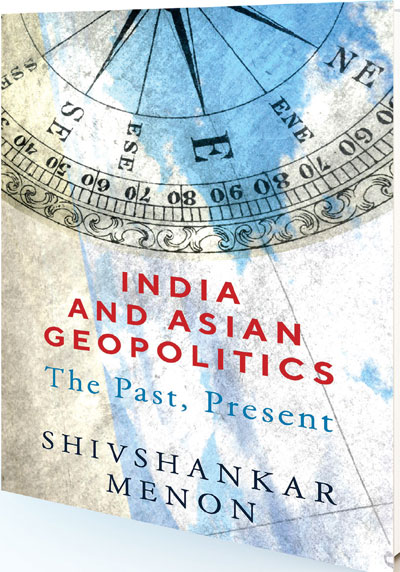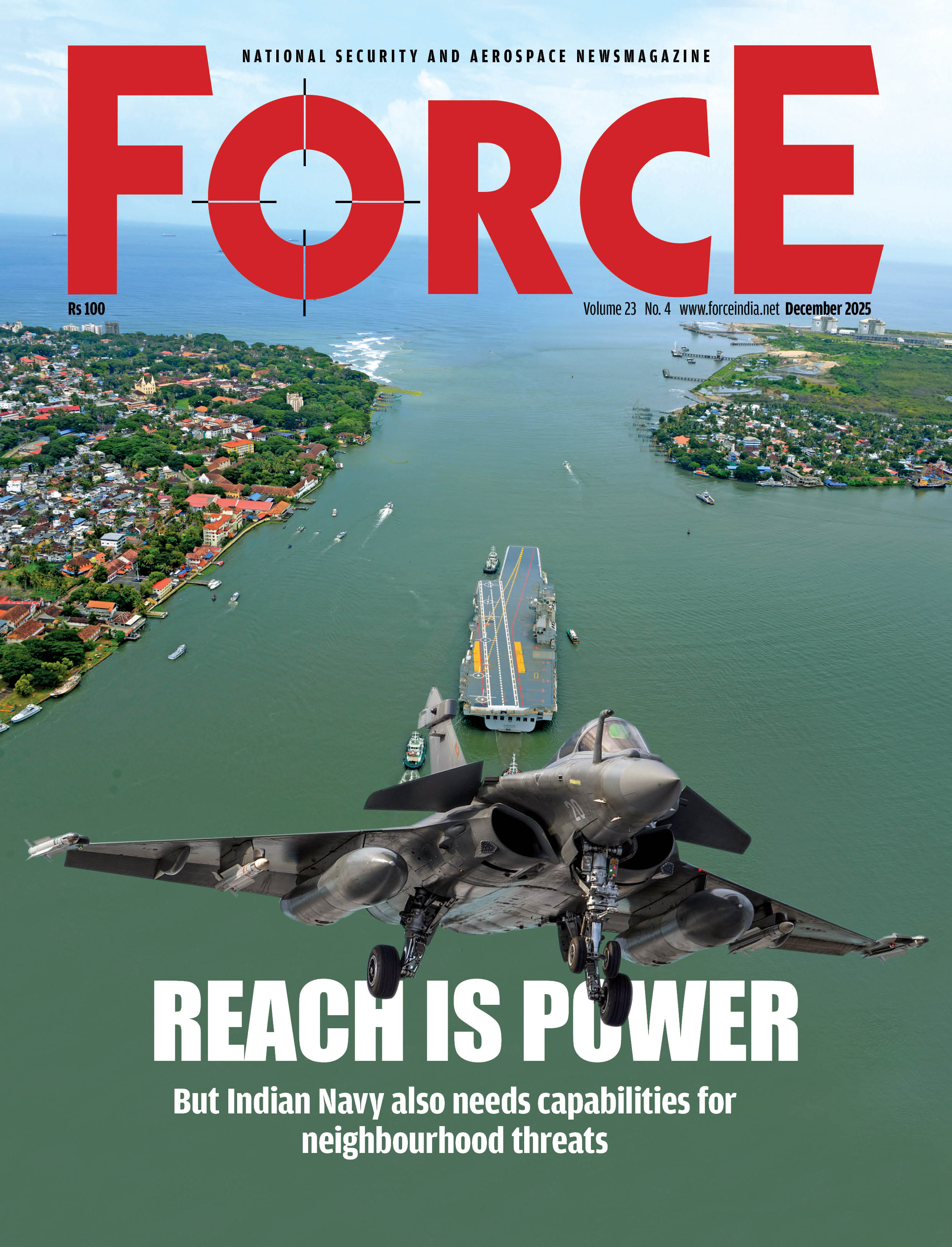Rise of the Dragon
Its economics, technology, and internal politics require a China much more actively engaged in shaping the world that it has ever been before. An extract
Shivshankar Menon
 If China succeeds in the China Dream, in making China great again, do not expect China to behave as Western powers have in the past. It will not necessarily be another United States setting international rules, norms, and institutions and providing security and public goods for an order that it manages. The idea that China will do so by proposing an alternative order is today’s equivalent of the Western wish--myth of the 1990s that China’s market-based economic development would bring about a Western-style democracy and a pro-Western regime.
If China succeeds in the China Dream, in making China great again, do not expect China to behave as Western powers have in the past. It will not necessarily be another United States setting international rules, norms, and institutions and providing security and public goods for an order that it manages. The idea that China will do so by proposing an alternative order is today’s equivalent of the Western wish--myth of the 1990s that China’s market-based economic development would bring about a Western-style democracy and a pro-Western regime.
Will China replace the United States as a net provider of security, as an expeditionary power projecting power across the globe? I think not. It cannot and will not be able to for some time. Will China seek to determine the nature of regimes and successfully implement regime change in other countries across the world? The United States has apparently done so seventy-two times since 1950. China today has the necessary combination of soft and hard power only in its immediate periphery, where it now shows clear preferences between local leaders and supports them financially and otherwise in moments of transition. The 2018 Malaysian elections and Nepal and Sri Lanka's internal transitions saw this phenomenon. Will China open its markets to the rest of the world to promote globalization to the extent that the United States does? This is most unlikely as it will affect China’s internal economic structure based on state owned enterprises and state-run finances on which the power of the CCP is built. The desire for regime stability will prevent this. Will China design, invest in, and run the global financial and trading institutions that undergird the global economy as the United States did? Not if its domestic needs for constant infusions of capital and technology remain as they are, if it can get what it wants from present institutions, and if the sources of its gro
Subscribe To Force
Fuel Fearless Journalism with Your Yearly Subscription
SUBSCRIBE NOW
We don’t tell you how to do your job…
But we put the environment in which you do your job in perspective, so that when you step out you do so with the complete picture.







